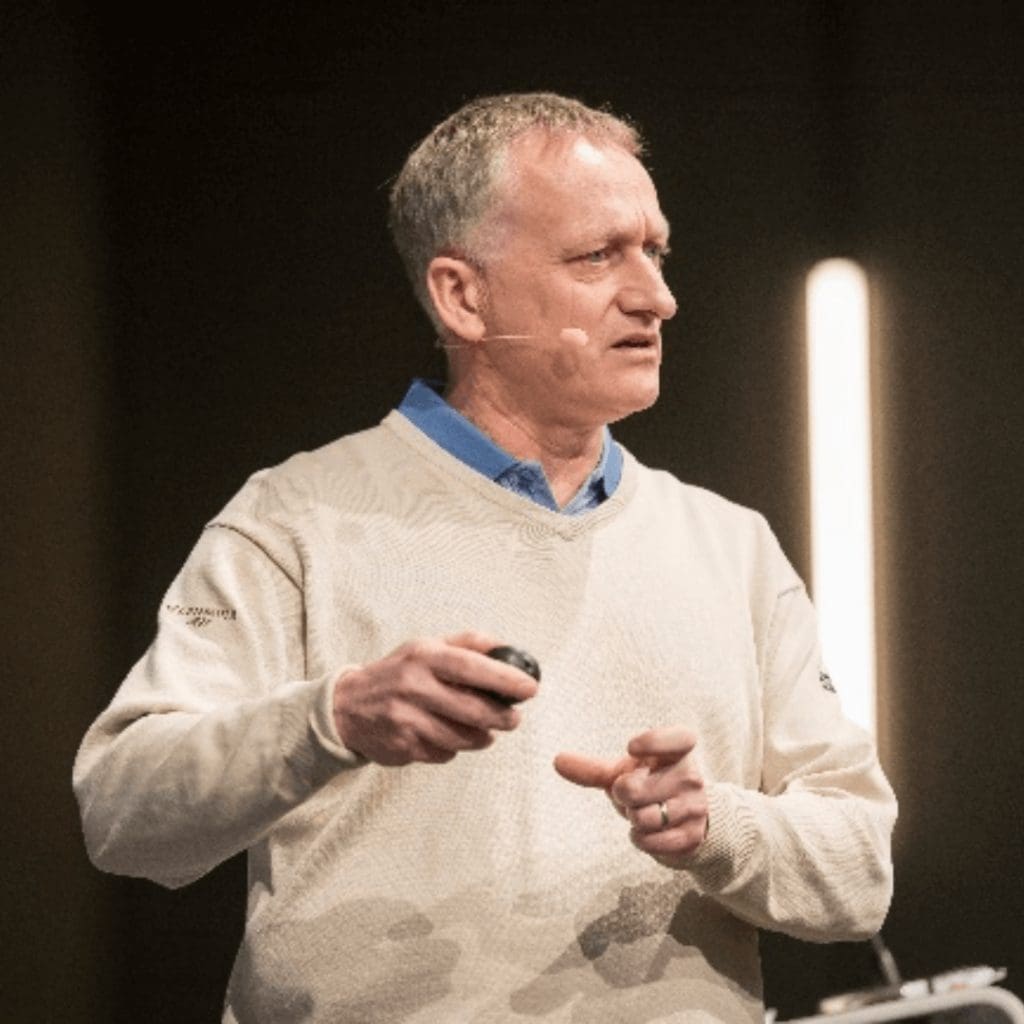Golfers: How To Improve Your Putting With A Quiet Eye Approach

Brian has 30 years of experience in sport psychology consultancy. Working full-time in private practice since 2006, he is also currently a part-time Senior Lecturer at the University of Winchester, UK. Author of five books, 15 book chapters, and over 50 research papers, Brian has presented widely in Europe and across Asia.
Having a world profile in golf psychology, he was the lead psychologist to the England golf team for 17 years delivering high performance strategies with European and World Championship winning teams and individuals. Brian also has a wealth of experience in numerous other sports, for example with championship winning individuals and teams in professional cricket, 12 medallists in Olympic and Commonwealth Games boxing, and podium winners in motorsport including Formula 1 and LeMans.
Brian gained his PhD in sport psychology from the University of Southampton in 1998; and has trained and supervised over 30 sport psychology trainees over the last 25 years. In 2010 he was awarded a Fellowship by the British Association of Sport and Exercise Sciences in recognition of ‘esteemed personal achievement, skills, knowledge and service to BASES and the sport and exercise science community’.
Many golfers get drawn into overthinking situations and overanalysing technique which leads to indecision and a lack of trust in putts and shots. Overtime, some players can then become overly anxious and nervous trying to control their movements and misplacing their focus. When putting this can be a big issue for many golfers especially when faced with short putts.
In today’s short bite-sized episode Dr Brian Hemmings shares with you a very helpful and solution-based approach that can make sure that you don’t fall into this trap when he talks about quiet eye training.
Key Learning Points:
- A large part of a sports psychologist’s role in helping golfers is developing positive relationships.
- Quiet eye training is very helpful for improving short putting.
- Where do you focus when putting? At the target or on your hands or putter?
- Keeping your eyes on the back of the ball past impact is an important factor in good putting.
Connect with Dr Brian Hemmings
Golf Psychology Coaching Certificate – PROMO CODE – David Charlton
Connect with David Charlton
Join David @ The Sports Psychology Hub
Instagram, Facebook, Twitter and LinkedIn
To Listen to Other Useful Podcast Episodes
Ep017: Gio Valiante – How to Play Fearless Golf
Ep101: Compilation – 25 Mental Game Secrets to Improve Your Golf
Ep118: Dr Bob Winters – How to Help Golfers Overcome their Mental Game Challenges
Ep160: Brian Hemmings – Golf Psychology: What You Can Expect and Why It Can Help You
Ep167: Karl Morris – How To Manage Your Emotions To Improve Your Golf #BITESIZE
For More Resources so You Can Shoot Lower Scores on The Golf Course
10 Mental Game Tips from Leading Experts to Improve Your Golf
IF YOU ENJOYED TODAY'S SHOW PLEASE SHARE
SUBSCRIBE AND LISTEN ON YOUR FAVOURITE AUDIO PLATFORM
Also, kindly consider taking the 60-seconds it takes to leave an honest review and rating for the podcast on iTunes, they’re extremely helpful when it comes to the ranking of the show and we read every single one of them!

Best Wishes
David Charlton
Global Sports Psychologist who is located near Newcastle Upon Tyne, UK and willing to travel Internationally. David also uses online video conferencing software (Zoom, Facetime, WhatsApp) on a regular basis and has clients who he has supported in USA, Canada, South America, UAE, Australian and New Zealand.
Managing Director – Inspiring Sporting Excellence and Founder of The Sports Psychology Hub. With over 10 years experience supporting athletes, coaches, parents and teams to achieve their goals, quickly.
T: +44 7734 697769








